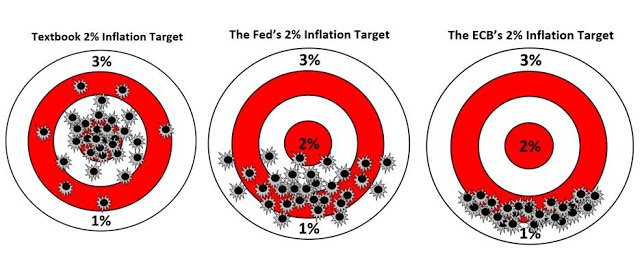Didn't they just raise rates recently?
Yes. And the stock market promptly tanked. The Fed is "exploring" the possibility of going to negative rates. The idea that the Fed sets interest rates is the purest violation of free market principals. Interest is the cost of money. It should be driven by supply and demand (savers and borrowers). Instead, it is being set by fiat control.
FYI- A lot of financial discussion has actually moved over to the INGO Investing Game. If you have an interest, you might want to either follow that thread or even join in the game. It is fun and free.
Last edited:



 Quoted to afford you the chance to read this excellent post again!
Quoted to afford you the chance to read this excellent post again!

